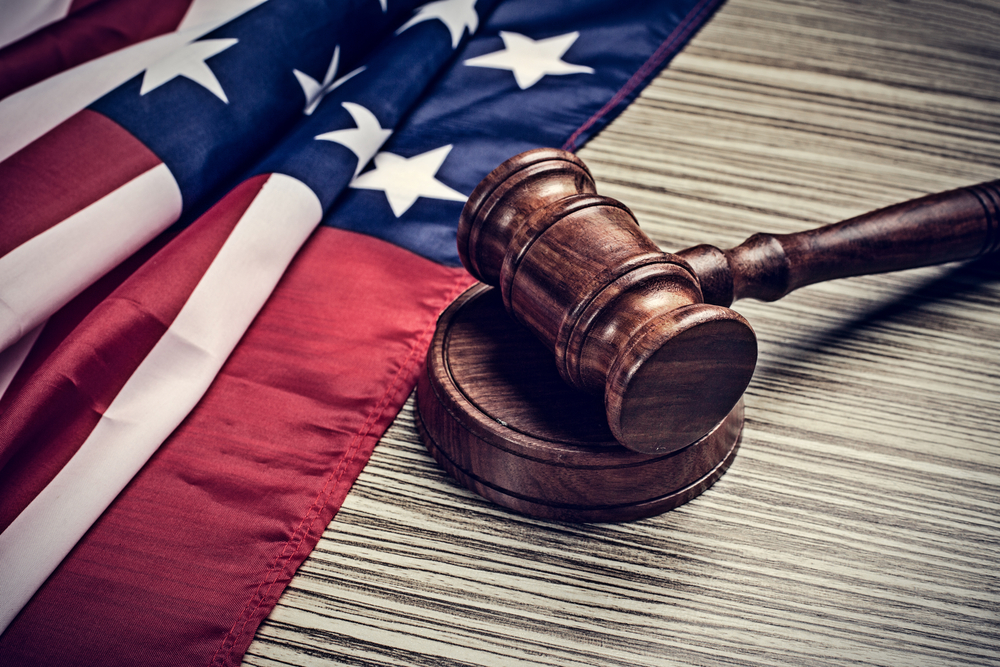Despite their shared language and deep cultural ties, the United States and the United Kingdom operate under vastly different rules. From the road to the retail store, what feels normal in one country can be practically impossible in the other. If you are used to American norms, you might find some everyday habits hard to replicate across the Atlantic. Here are nine things that Americans can do easily in the US but might find nearly impossible or at least much harder to do in the UK.
Drive an Automatic Car Without Searching for It
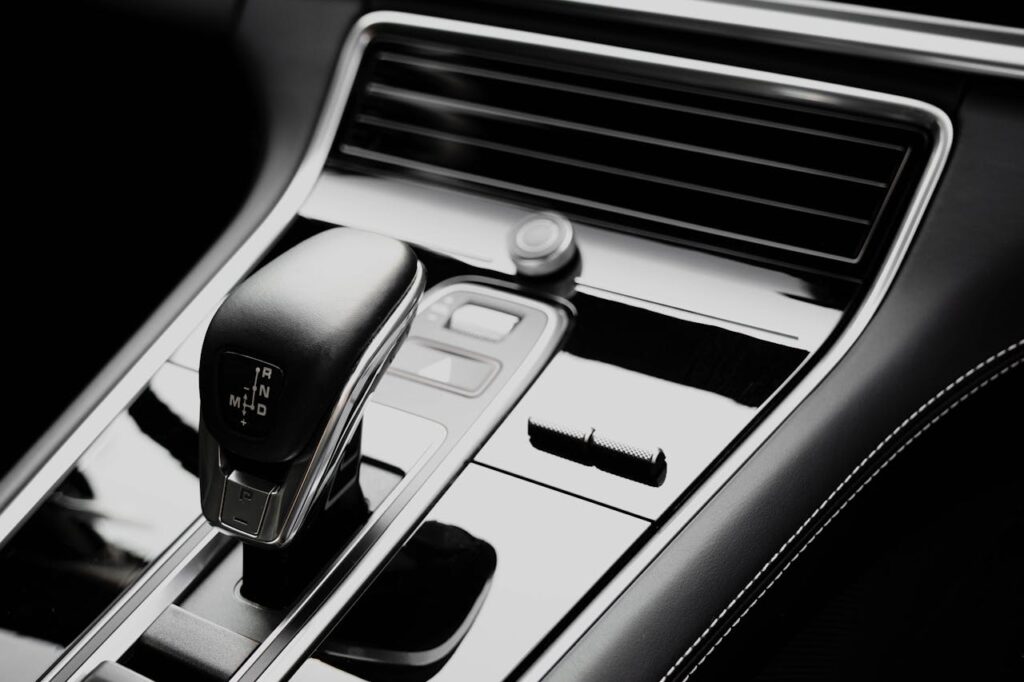
In the United States, automatic transmissions are the default. Most Americans grow up learning to drive on automatic vehicles. Renting or buying one is easy and expected. In the UK, however, manual transmissions still dominate the roads. While automatic cars are available, they are considered niche and often more expensive to rent or buy. Many UK drivers view manual driving as a rite of passage. If you have only ever driven automatic, you might have to request a specific rental in advance or pay more to get it.
Use Air Conditioning Everywhere
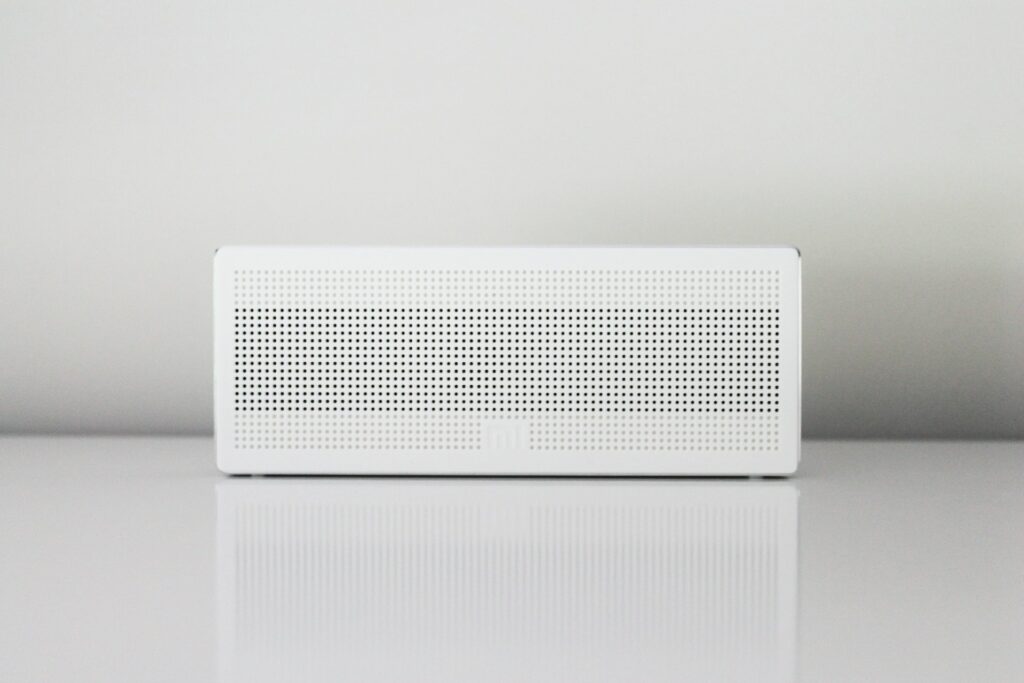
Air conditioning is a standard feature in homes, cars, stores, offices, and even public schools throughout the US. Americans are used to walking into cool spaces during hot months. In the UK, air conditioning is much less common. Most homes and many public buildings do not have AC units at all. The cooler climate is part of the reason, but when heat waves strike, British homes are not equipped to handle high temperatures. Portable fans and open windows are often the go-to solutions, even in the height of summer.
Get Free Refills on Soft Drinks

If you are dining out in the United States, free refills on soft drinks are almost a given. Restaurants often encourage it, and servers refill your glass without even asking. In the UK, that is not standard practice. Most places charge per glass, and automatic refills are rare. Even fast-food chains that offer self-service drinks may limit how often you can refill your cup. Some restaurants have started offering limited free refills, but it is far from the norm.
Own a Gun for Personal Use

In the US, owning a firearm is common and legally protected. Millions of Americans legally own guns for sport, self-defense, or collecting. Gun shops are widely accessible, and in many states, the laws allow open or concealed carry with the proper permit. In the UK, private gun ownership is tightly regulated. Handguns are effectively banned, and licenses for rifles or shotguns are limited to specific purposes like hunting or sport shooting. The application process is strict and lengthy. For most British citizens, owning a firearm is out of the question.
Eat a Full Breakfast at Any Hour
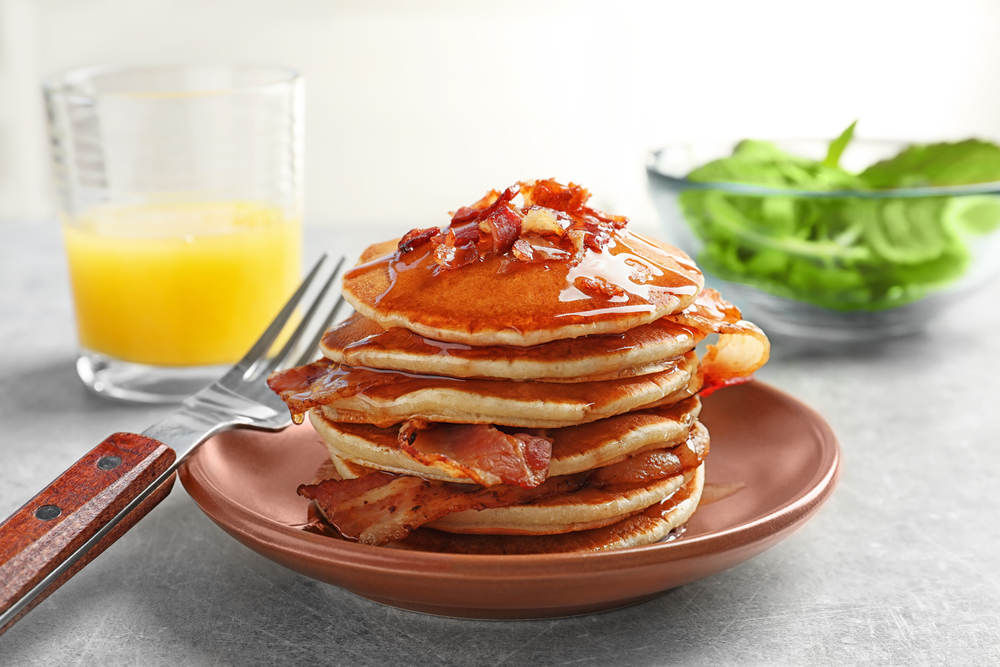
American diners and fast-food chains often serve breakfast all day. Whether it is pancakes at 10 p.m. or hash browns at noon, breakfast food is available at nearly any hour. In the UK, breakfast has a specific time frame. While cafes serve full English breakfasts in the morning, it is unusual to find one in the afternoon or late at night. Most restaurants switch menus by lunchtime. If you are craving eggs and bacon at 3 p.m., your options might be very limited.
Make a Return Without Questioning

In the United States, returning a product to a store is often quick and easy. Many major retailers accept returns with no questions asked, especially if the item is unopened or comes with a receipt. Some stores even allow returns without a receipt or after long periods of time. In the UK, return policies are much stricter. While stores do accept returns, they are more likely to ask for proof of purchase and may not offer refunds as readily. Some items, like opened cosmetics or sale items, are typically nonrefundable.
Order Ice in Every Drink
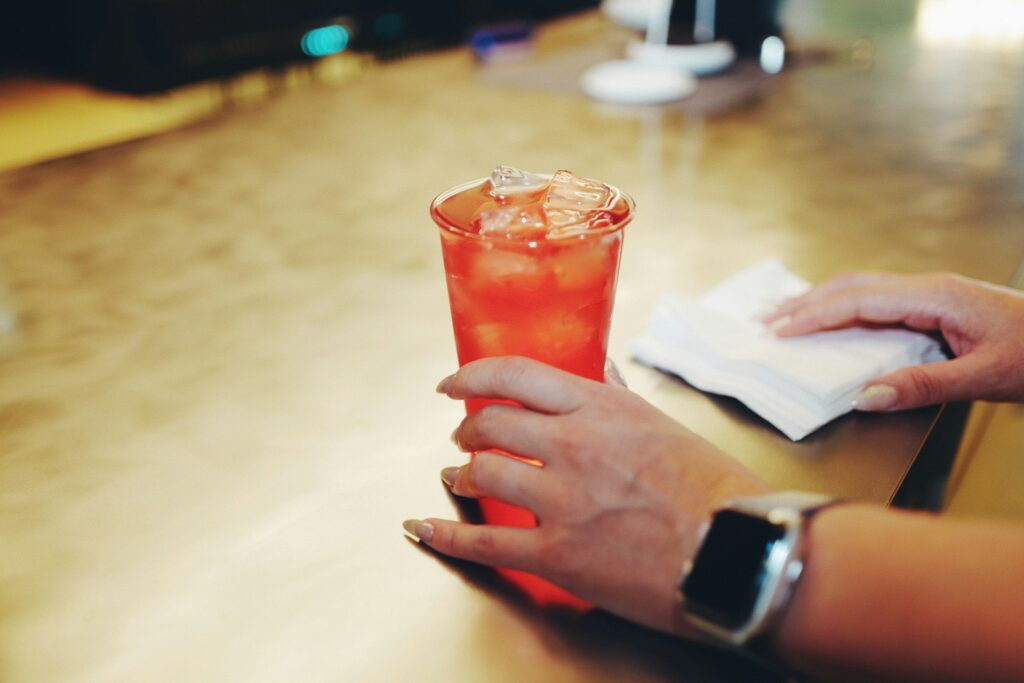
American drinks often come with a generous amount of ice, especially in restaurants or fast-food chains. It is common to expect a chilled soda or water, and many people take it for granted. In the UK, drinks are typically served with little or no ice. When you ask for ice, you might get a few cubes at most. British restaurants are less likely to keep large ice machines, and many people prefer their drinks slightly cooler rather than ice-cold. It is a subtle but noticeable difference.
Expect Tipping as Part of the Experience
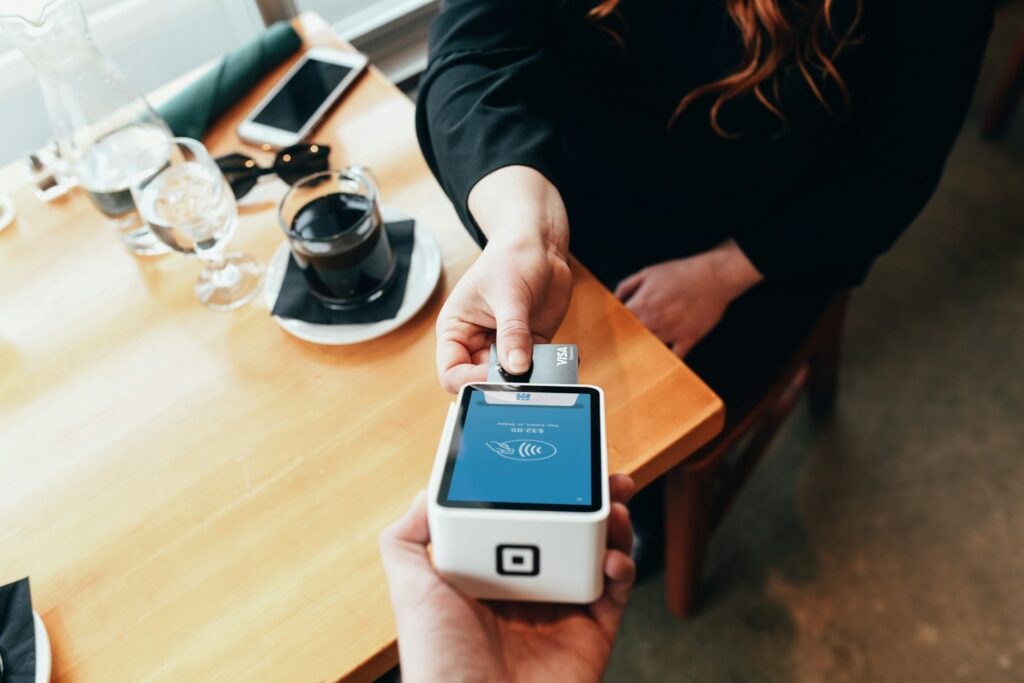
Tipping in the United States is practically mandatory in service industries. Most restaurant workers rely on tips to supplement their wages, and it is expected that customers leave at least 15 to 20 percent. This practice extends to delivery drivers, hairdressers, and hotel staff. In the UK, tipping is far less ingrained. Service charges are sometimes included in the bill, and if not, a small tip is optional rather than required. Many British consumers do not tip at all unless the service was exceptional. The entire tipping culture feels more relaxed and less obligatory.
Shop 24 Hours a Day

In many parts of the United States, 24-hour stores are a staple. Supermarkets, pharmacies, and even some department stores stay open all night, especially in urban areas. This gives people the freedom to shop whenever they want, regardless of time. In the UK, 24-hour shopping is rare. Most stores have strict operating hours and close early on Sundays. Even convenience stores often shut by midnight. While large supermarkets may have longer hours, they are unlikely to operate around the clock, especially outside of major cities.
Customer Service

While the US and the UK share a great deal of cultural overlap, they diverge significantly in everyday practices. From transportation and shopping to food and customer service, what is routine in one country may be unusual in the other. These differences reflect deeper values and infrastructure choices. Americans are often surprised to discover how much they take for granted until they travel across the Atlantic. And while each system has its own strengths, travelers should prepare to adjust their expectations to match local customs.
Read More: Ring Doorbell Customers in UK Furious Over ‘Scandalous’ Price Rise Warn People Not To Buy Them
Disclaimer: This article was created with AI assistance and edited by a human for accuracy and clarity.
